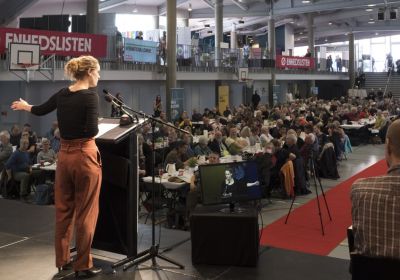-
-

Martin Pieter Zandvliet’s multiple award-winning 2016 film Land of Mine is harrowing viewing. But it is not to be missed by anyone interested in issues of war and peace — or in fine films.
-
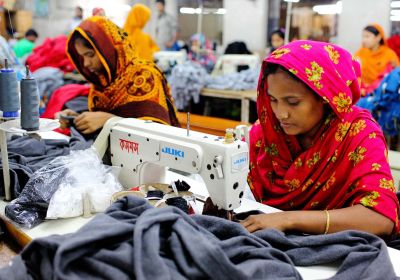
When you think of Western capitalism and imperialism, what usually comes to mind are aggressive superpowers such as the US, Britain, France or Germany. Northern European nations such as Norway, Denmark, Finland and Sweden, on the other hand, are seen as good-natured and insular, often used as examples of the way governments around the world should treat their citizens.
-
 The fact sheet below was produced by the ecosocialist Red-Green Alliance in response to the Danish parliament passing a savagely anti-refugee law. * * * On January 26, a broad majority in the Danish parliament passed a bill that introduces a long series of restrictive measures aimed at making it less attractive to seek asylum in Denmark.
The fact sheet below was produced by the ecosocialist Red-Green Alliance in response to the Danish parliament passing a savagely anti-refugee law. * * * On January 26, a broad majority in the Danish parliament passed a bill that introduces a long series of restrictive measures aimed at making it less attractive to seek asylum in Denmark. -
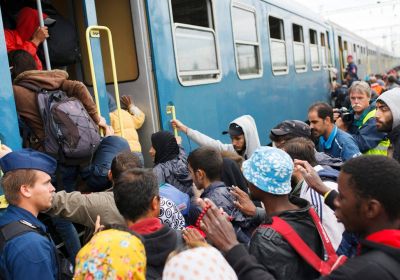
Austria, as well as Serbia and Croatia, have joined other European countries in temporarily closing their borders. On September 21, Croatia closed its last checkpoint for trucks on the Serbian border where thousands of refugees are waiting to cross in the hope of a better life.
-
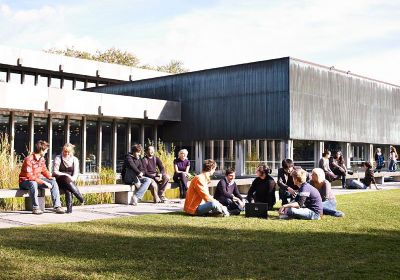 I have never really thought about the impact free education has had on me. Where would my life be if I had to pay to get an education? I am from Denmark. I would certainly not be here in Australia; I might not even have gone to high school.
I have never really thought about the impact free education has had on me. Where would my life be if I had to pay to get an education? I am from Denmark. I would certainly not be here in Australia; I might not even have gone to high school. -
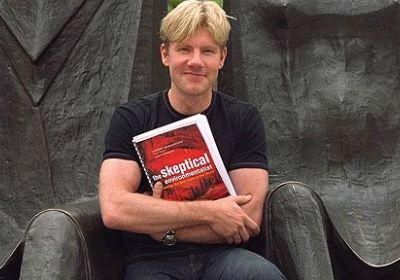 In a period of so-called “budget emergency” when deep funding cuts are being imposed on universities and scientific research, the federal government has managed to find $4 million for a “consensus centre” headed by advocate for climate inaction Bjørn Lomborg. The $13 million centre will form part of the University of Western Australia’s (UWA) business school, with the Commonwealth contributing $4 million over four years.
In a period of so-called “budget emergency” when deep funding cuts are being imposed on universities and scientific research, the federal government has managed to find $4 million for a “consensus centre” headed by advocate for climate inaction Bjørn Lomborg. The $13 million centre will form part of the University of Western Australia’s (UWA) business school, with the Commonwealth contributing $4 million over four years. -
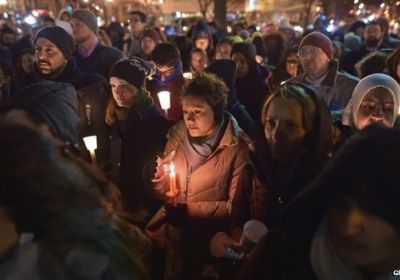 When 22-year-old Omar Abdel Hamid El-Hussein murdered two people in Copenhagen on February 15, and was killed in a shoot-out with police, the media and politicians across the world did not hesitate to declare that an act of terrorism had taken place. US President Barack Obama immediately phoned Danish Prime Minister Helle Thorning-Schmidt to offer condolences and invited Denmark to take part in a February 18 summit in Washington to counter violent extremism, Reuters reported on February 16. Other Western leaders, including Australian Prime Minister Tony Abbott, responded similarly.
When 22-year-old Omar Abdel Hamid El-Hussein murdered two people in Copenhagen on February 15, and was killed in a shoot-out with police, the media and politicians across the world did not hesitate to declare that an act of terrorism had taken place. US President Barack Obama immediately phoned Danish Prime Minister Helle Thorning-Schmidt to offer condolences and invited Denmark to take part in a February 18 summit in Washington to counter violent extremism, Reuters reported on February 16. Other Western leaders, including Australian Prime Minister Tony Abbott, responded similarly. -
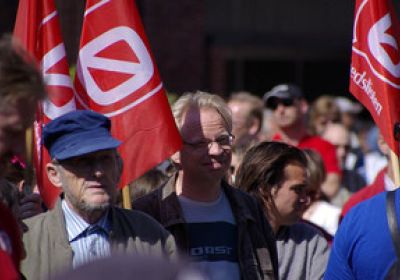 The Danish Red-Green Alliance (RGA) marked 25 years since its founding at a national conference on May 16 to 18. A radical left unity project marking 25 years in existence is itself a cause for celebration, but this conference was able to celebrate much more. After about 20 years as a fringe party in Danish politics, the RGA has recently emerged as a significant force.
The Danish Red-Green Alliance (RGA) marked 25 years since its founding at a national conference on May 16 to 18. A radical left unity project marking 25 years in existence is itself a cause for celebration, but this conference was able to celebrate much more. After about 20 years as a fringe party in Danish politics, the RGA has recently emerged as a significant force. -
 Red carpet and champagne marked the start of the first Red-Green Alliance (RGA) congress since the party tripled its mandate at a poll in September last year. The 385 delegates representing the 8000 members packed a basketball stadium in the migrant and working class Copenhagen suburb of Norrebro to grapple with the party's new increased influence on Danish politics. Party membership has more than doubled in the past two years, with the party welcoming into its ranks many ex-members of the Social Democratic and Socialist People's party.
Red carpet and champagne marked the start of the first Red-Green Alliance (RGA) congress since the party tripled its mandate at a poll in September last year. The 385 delegates representing the 8000 members packed a basketball stadium in the migrant and working class Copenhagen suburb of Norrebro to grapple with the party's new increased influence on Danish politics. Party membership has more than doubled in the past two years, with the party welcoming into its ranks many ex-members of the Social Democratic and Socialist People's party. -
What the polls had predicted would be an easy victory for the Social Democrats in Denmark's September 15 election turned out to be much closer. The last poll before the vote showed the Social Democrat leader Helle Thorning-Schmidt ahead of her Liberal opponent Lars Løkke Rasmussen by 52.3% to 47.5% as preferred prime minister.
-
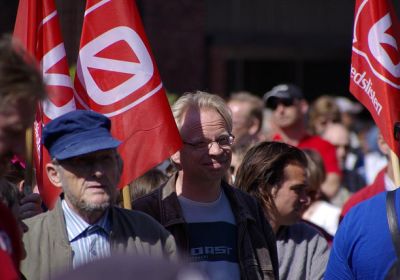 The debate over the Western military intervention into Libya that has swept sections of the world’s left since it began in March were concentrated into one passionate session at the annual congress of Denmark’s Red-Green Alliance (RGA), held in Copenhagen over May 20-22. The 300 congress delegates, representing 5900 members, were asked by a majority of the RGA’s National Board to endorse the March 18 vote of its four MPs in support of the “no-fly zone” imposed on Libya by NATO powers including Denmark ― acting in the name of United Nations resolution 1973.
The debate over the Western military intervention into Libya that has swept sections of the world’s left since it began in March were concentrated into one passionate session at the annual congress of Denmark’s Red-Green Alliance (RGA), held in Copenhagen over May 20-22. The 300 congress delegates, representing 5900 members, were asked by a majority of the RGA’s National Board to endorse the March 18 vote of its four MPs in support of the “no-fly zone” imposed on Libya by NATO powers including Denmark ― acting in the name of United Nations resolution 1973.
Denmark
Denmark
